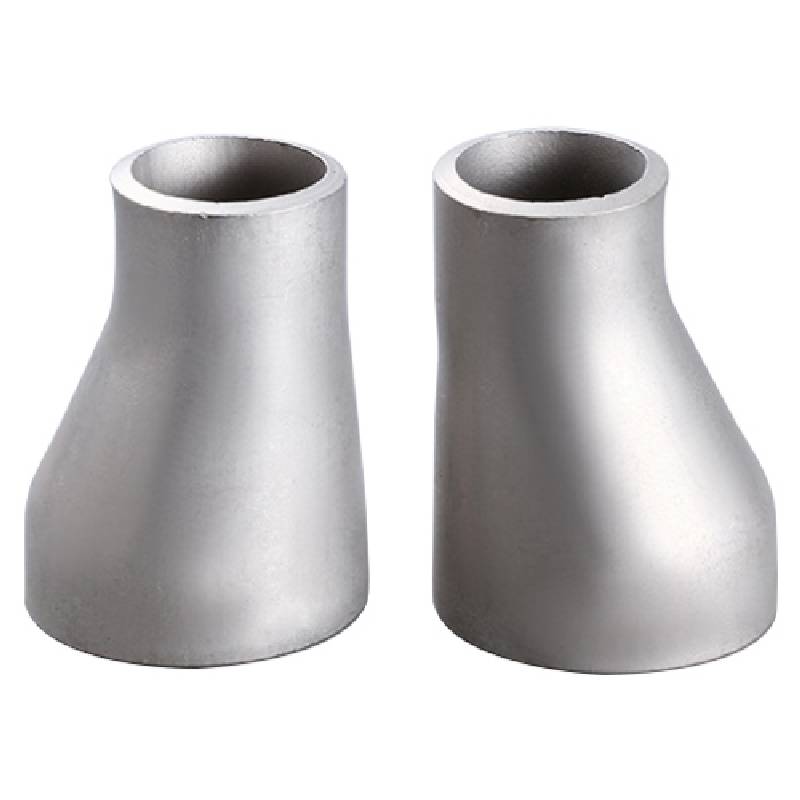-
Cangzhou Yulong Steel Co., Ltd.
-
Phone:
+86 13303177267 -
Email:
admin@ylsteelfittings.com
- English
- Arabic
- Italian
- Spanish
- Portuguese
- German
- kazakh
- Persian
- Greek
- French
- Russian
- Polish
- Thai
- Indonesian
- Vietnamese
- Zulu
- Korean
- Uzbek
- Hindi
- Serbian
- Malay
- Ukrainian
- Gujarati
- Haitian Creole
- hausa
- hawaiian
- Hebrew
- Miao
- Hungarian
- Icelandic
- igbo
- irish
- Japanese
- Javanese
- Kannada
- Khmer
- Rwandese
- Afrikaans
- Albanian
- Amharic
- Armenian
- Azerbaijani
- Basque
- Belarusian
- Bengali
- Bosnian
- Bulgarian
- Catalan
- Cebuano
- China
- China (Taiwan)
- Corsican
- Croatian
- Czech
- Danish
- Esperanto
- Estonian
- Finnish
- Frisian
- Galician
- Georgian
- Kurdish
- Kyrgyz
- Lao
- Latin
- Latvian
- Lithuanian
- Luxembourgish
- Macedonian
- Malgashi
- Malayalam
- Maltese
- Maori
- Marathi
- Mongolian
- Myanmar
- Nepali
- Norwegian
- Norwegian
- Occitan
- Pashto
- Dutch
- Punjabi
- Romanian
- Samoan
- Scottish Gaelic
- Sesotho
- Shona
- Sindhi
- Sinhala
- Slovak
- Slovenian
- Somali
- Sundanese
- Swahili
- Swedish
- Tagalog
- Tajik
- Tamil
- Tatar
- Telugu
- Turkish
- Turkmen
- Urdu
- Uighur
- Welsh
- Bantu
- Yiddish
- Yoruba

មករា . 01, 2025 02:08 Back to list
Understanding Class 300 Flanges and Their Applications in Industrial Systems
Understanding Class 300 Flanges Specifications, Applications, and Advantages
Flanges play a crucial role in piping systems, providing a means to connect pipes, valves, and other equipment. Among the various classes of flanges available in the market, Class 300 flanges hold a prominent position due to their balance of strength, pressure rating, and versatility. This article delves into the specifications, applications, and benefits of Class 300 flanges, helping professionals and enthusiasts alike understand their significance in industrial settings.
Specifications of Class 300 Flanges
Class 300 flanges are commonly utilized in high-pressure applications and are part of a broader classification of flanges that includes Class 150, Class 600, and others. The pressure-temperature rating of Class 300 flanges is defined by standards such as ASME B16.5 for piping. Specifically, these flanges can handle pressures up to 740 PSI at a temperature of 100°F. However, the pressure rating diminishes slightly as the temperature increases. For instance, at 500°F, this rating drops to around 500 PSI.
The materials used for Class 300 flanges vary widely, including carbon steel, stainless steel, and alloy steel, allowing for a range of corrosion resistance and strength properties. Common material specifications include ASTM A105 for carbon steel and ASTM A182 for stainless steel. Ensuring the right material selection is crucial depending on the operating environment, as it impacts durability and performance.
The dimensions of Class 300 flanges follow standard sizes ranging from ½ inch to 24 inches in diameter. The thickness and bolt hole patterns also adhere to specified standards, ensuring compatibility with various piping systems. This standardization is instrumental in simplifying the installation and maintenance processes.
Applications of Class 300 Flanges
Class 300 flanges find applications across a diverse range of industries due to their ability to withstand high pressures and temperatures. Some common sectors utilizing these flanges include
1. Oil and Gas In oil refineries and natural gas processing facilities, Class 300 flanges are pivotal for connecting various pipelines and equipment, helping transport fluids under high pressure.
2. Chemical Processing The chemical industry often employs these flanges in reactors and pipelines, where high temperature and pressure are standard conditions. Their ability to maintain integrity in harsh conditions makes them a preferred choice.
class 300 flanges

3. Power Generation Class 300 flanges are used in power plants for steam applications, where they can handle the intense pressures associated with steam distribution systems.
4. Water and Wastewater Treatment In municipal and industrial water treatment facilities, these flanges are integral to maintaining robust and leak-free connections in pipeline systems.
5. HVAC Systems In heating, ventilation, and air conditioning systems, Class 300 flanges are utilized to ensure integral connections in chilled water and steam applications.
Advantages of Class 300 Flanges
One of the major advantages of Class 300 flanges is their capacity to withstand higher pressures compared to lower-class flanges (like Class 150). This makes them ideal for applications where pressure surges occur. Furthermore, the versatility in materials allows for customization based on the specific needs of the project, whether it's corrosion resistance, strength, or temperature tolerance.
Additionally, the standardized dimensions and bolt patterns facilitate ease of installation and maintenance. This standardization reduces the likelihood of installation errors and promotes the interchangeability of flanges across different systems.
Class 300 flanges also offer a reliable sealing capability, often enhanced by the use of gaskets specifically designed for high-pressure applications. This reduces the risk of leaks, which is critical in applications where safety and environmental concerns are paramount.
Conclusion
In conclusion, Class 300 flanges play a vital role in various industrial applications, providing a reliable and efficient means of connecting pipes and other equipment. Their robust specifications and adaptability to challenging environments make them a favored choice among engineers and industry professionals. By understanding the specifications, applications, and advantages of Class 300 flanges, stakeholders can make informed decisions that enhance the safety and efficiency of their operations. Whether in the oil and gas sector, chemical processing, power generation, or other fields, Class 300 flanges continue to be a cornerstone of effective piping solutions.
Latest news
-
ANSI 150P SS304 SO FLANGE
NewsFeb.14,2025
-
ASTM A333GR6 STEEL PIPE
NewsJan.20,2025
-
ANSI B16.5 WELDING NECK FLANGE
NewsJan.15,2026
-
ANSI B16.5 SLIP-ON FLANGE
NewsApr.19,2024
-
SABS 1123 FLANGE
NewsJan.15,2025
-
DIN86044 PLATE FLANGE
NewsApr.19,2024
-
DIN2527 BLIND FLANGE
NewsApr.12,2024
-
JIS B2311 Butt-Welding Fittings LR/SR 45°/90° /180°Seamless/Weld
NewsApr.23,2024











